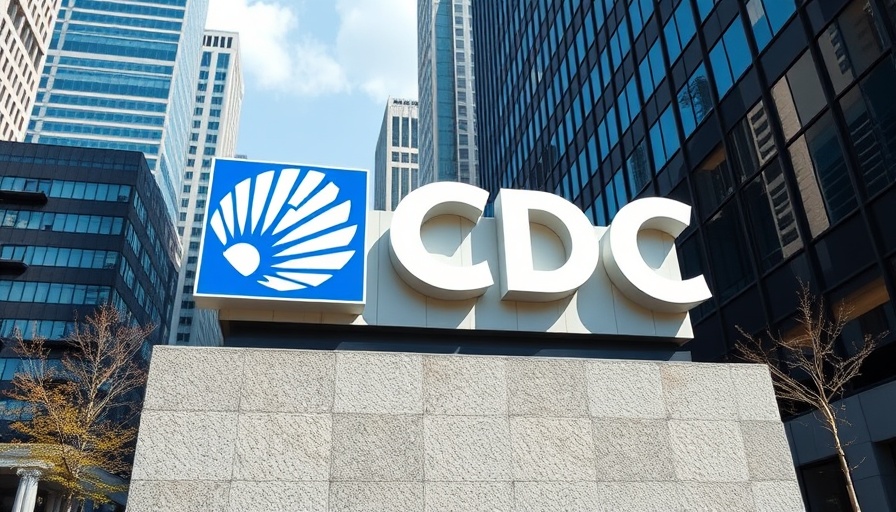
Rediscovering the Roots of Health: The Cancer-Prevention Diet
In a world increasingly consumed by fast food and processed snacks, Michio Kushi’s timeless nutritional principles stand as a beacon of hope against rising cancer rates. The stark statistic that a person's lifetime risk of developing cancer has surged from one in eight to nearly one in three in the last 45 years is alarming. Kushi’s insights, captured in "The Cancer-Prevention Diet: Michio Kushi’s Nutritional Blueprint for the Prevention and Relief of Disease," illuminate the integral connection between diet and well-being, suggesting a path back to ancient wisdom in the face of modern health crises.
The Foundation of a Healthy Diet
Kushi advocates for a return to traditional diets rich in whole grains, a variety of vegetables, legumes, and sea vegetables. These foods not only nourish the body but have also been shown to play a crucial role in preventing chronic diseases, including cancer. The modern Western diet, laden with processed foods, refined sugars, and excessive animal products, contrasts sharply with the nutritional practices of past generations. Historical data presented by Kushi demonstrates a chilling reality: cultures that adhered to whole-food diets experienced minimal cancer incidences, only to see those rates soar as they adopted Western dietary norms.
Historical Context: The Diet-Cancer Link
The pivotal year of 1976 marked an essential moment in nutritional advocacy with the Senate Select Committee on Nutrition and Human Needs releasing a report that firmly linked cancer to poor dietary habits. This report called for a recommitment to a diet abundant in whole grains, vegetables, and fruits, reinforcing Kushi's macrobiotic philosophy. His diet is not a rigid regime; it is a personalized approach that recognizes individual dietary needs, taking into account one’s environment and lifestyle.
Living a Balanced Life
Beyond dietary choices, Kushi’s macrobiotic approach underscores a holistic lifestyle that incorporates physical activity, mental well-being practices such as meditation, and positive thinking. Stories shared by individuals who have embraced this philosophy echo the belief in the body’s natural capacity for self-healing when supported by proper nutrition. The idea resonates deeply amidst rising health challenges, particularly in America where health crises seem to be multiplying.
Current Trends: A Modern Reflection
As we navigate the complexities of contemporary life, the relevance of Kushi's wisdom has intensified. With alternative health movements gaining momentum in Massachusetts and beyond, many individuals are increasingly exploring holistic remedies for health challenges. The shift towards sustainable eating, as observed in various local communities, encourages practices such as home gardening, farmers' markets, and plant-based diets, echoing Kushi's timeless advice.
Encouraging Action Through Knowledge
Understanding these dietary shifts is critical for making informed health decisions. By recognizing the deep-seated links between our food choices and our health outcomes, individuals can take actionable steps toward a better quality of life. Whether through cooking classes available in local wellness centers or engaging in community discussions about nutrition, these small yet powerful actions can lead to significant health transformations.
Conclusion: Food is Medicine
As Kushi aptly put it, "Food is medicine." Embracing this philosophy can empower individuals to reclaim their health, combat chronic diseases, and forge a meaningful connection with the food they consume. The journey toward better health involves not just dietary changes, but holistic practices that celebrate the wisdom of the past while addressing the realities of the present. For those interested in taking a proactive step towards wellness, I encourage you to explore resources, engage with local health movements, and start your journey towards a healthier lifestyle.
 Add Row
Add Row  Add
Add 




Write A Comment